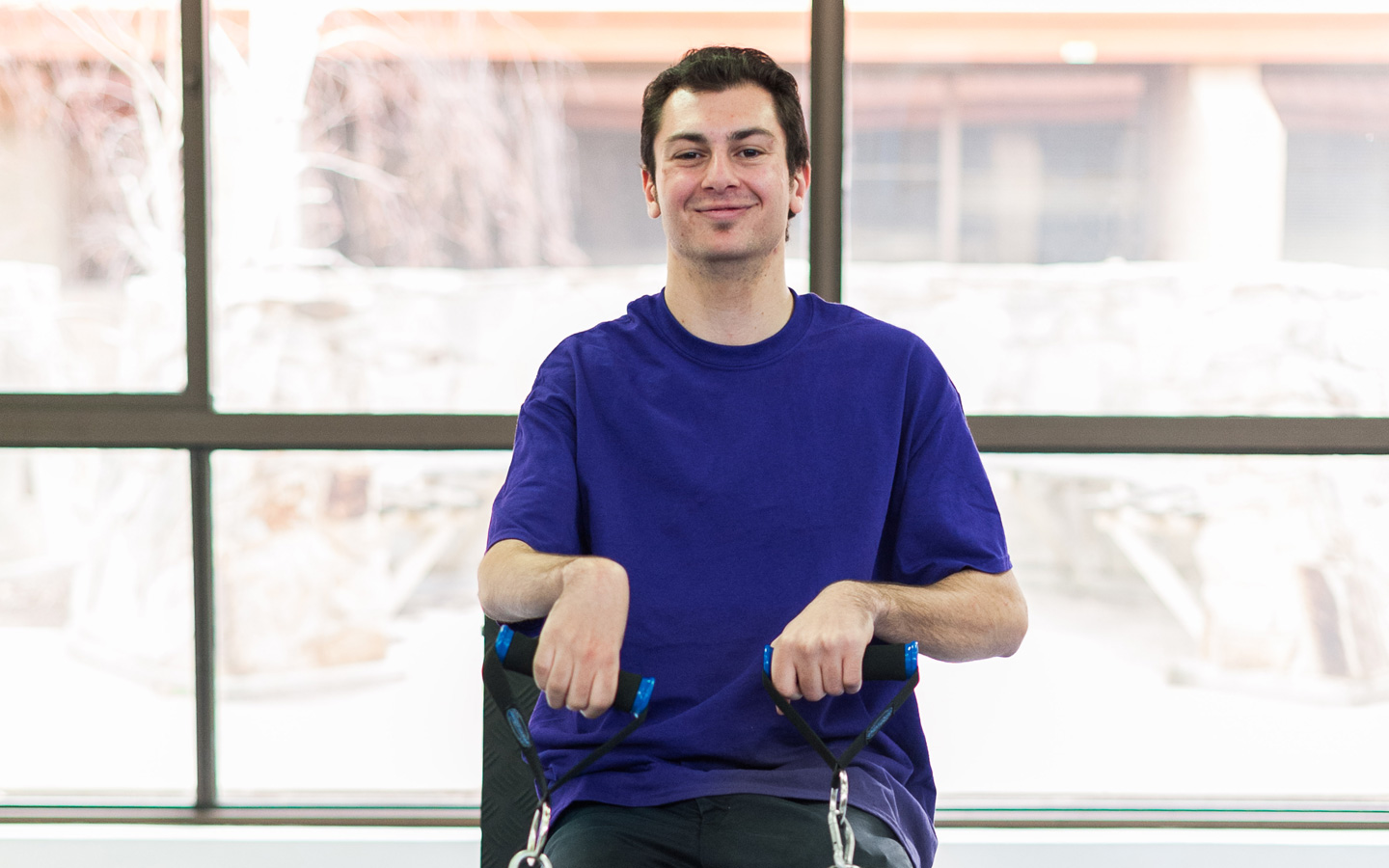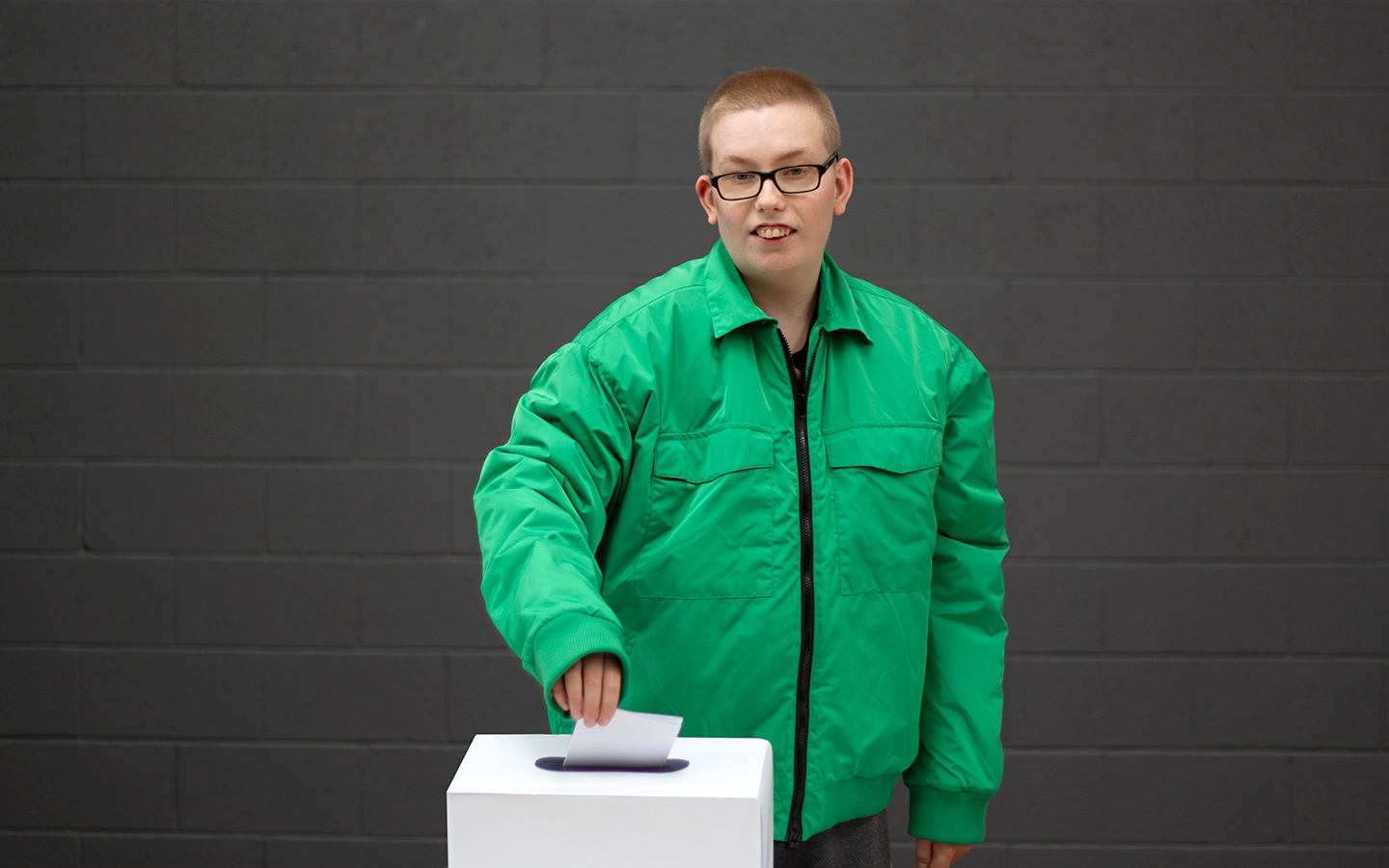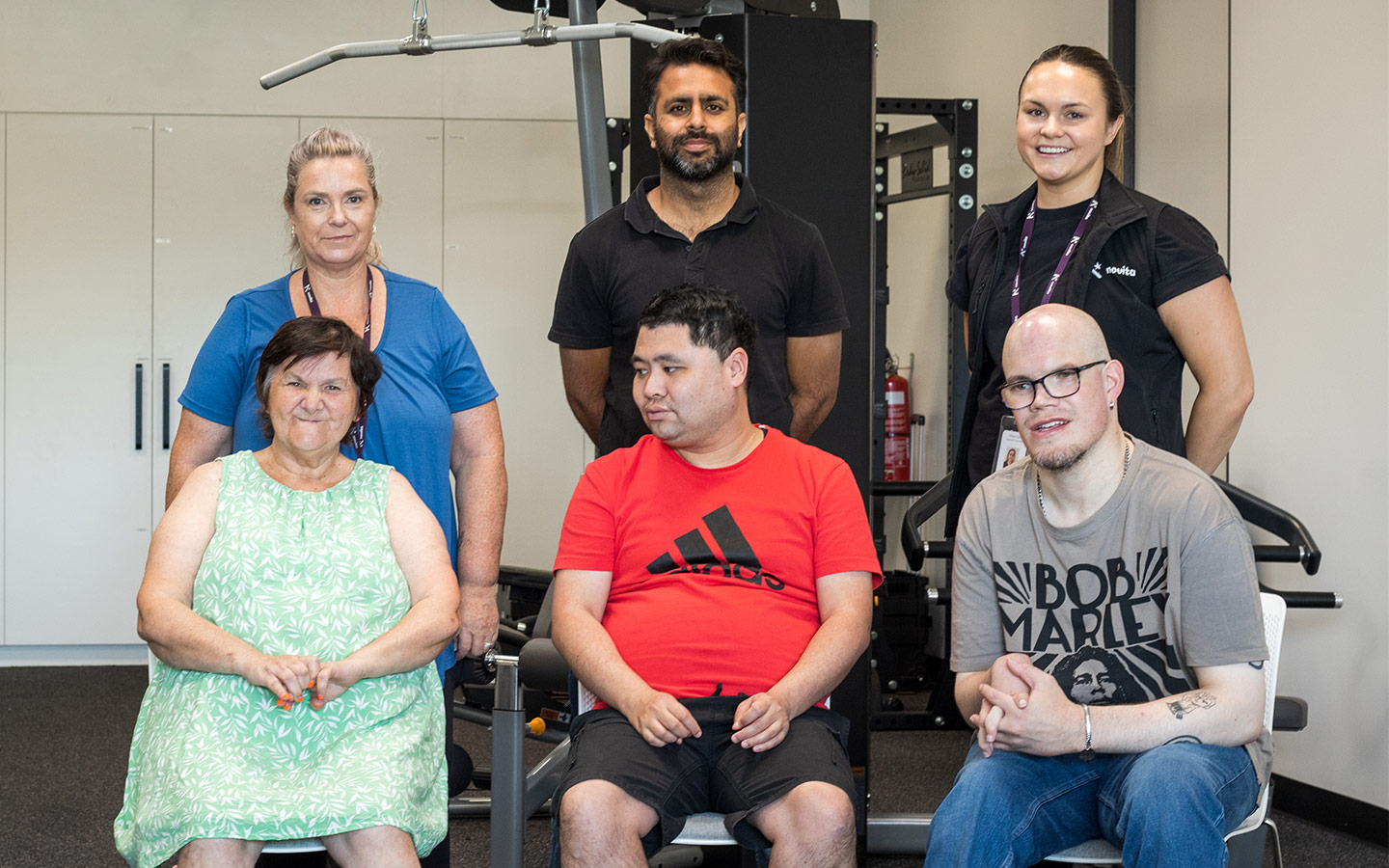Helpful Information
The benefits of Exercise Physiology for people living with disability
access_time4min read

Exercise physiology supports people living with disability and chronic medical conditions to minimise the impact of their disability or illness through exercise and improving their physical fitness. Staying active can assist in managing changes in the body caused by conditions including cerebral palsy (CP).
The major benefits of exercise physiology are:
- improved ability to move
- better pain management
- increased strength
- better balance and walking gait
- improved general fitness
- improved and maintained independence
- improved sleep
- decreased sedentary habits
- maximised quality of life.
Accredited exercise physiologists (AEPs) can support people living with disability to better manage lifestyle changes as a result of their disability, such as:
- reduced mobility
- inactivity
- deconditioning
- fatigue
- weakness
- balance issues
Exercise physiologists can support people living with conditions like CP to reach their fitness goals on an individualised basis and factor in accessibility needs including walking frames and wheelchairs. There is no ‘right’ exercise to participate in, but it is important to find the right approach that can be tailored to an individual’s needs. Exercise goals can be targeted towards strength, balance or functional activities which can be easily modified and adapted to your mobility needs.
Strength training:
Strength training keeps muscles healthy and reduces cardiometabolic risk factors and assists with daily activities like getting up from bed or getting dressed.
Examples of strength training:
- resistance training and exercises that create muscle contractions at constant speeds
- weight lifting which improves strength and endurance
- upper extremity training improving arm strength
- cardio including bicycle and treadmill exercises which help with overall strength and endurance
- hydrotherapy which assists with all-round muscle strength
Balance exercises
Balance exercises are important to assist with lower limb strength, muscle control, muscle fatigue and coordination. People with conditions like CP are at risk of falling, so improving balance is essential. Balance will rely on core strength and engaging isolated muscles.
Examples of balance exercises:
- exercise ball activities assist with core strength and weight-shifting
- deep breathing engages the diaphragm, abdominal and intercostal muscles to help strengthen and activate the core
- crunches assist with targeting the abdominal muscles and improving posture
Functional exercises
Functional activities are designed to support people with everyday movements including tying shoes and using a wheelchair. These activities rely on gradual increases and movements to build resistance and strength.
Examples of functional exercises:
- throwing weighted balls (which can go up in weight)
- wheelchair pushes to assist with repetitive movements and arm strength
- wearing weighted cuffs can help with resistance and controlling muscles in everyday movements
Novita’s Manager of Southern Services, Brett Williams, says exercise physiology is an important aspect for clients here at Novita.
‘Exercise physiologists are experts in assessing an individual’s fitness, strength and balance, and based on that assessment can prescribe an exercise program – either one-on-one, in a group, or even in a swimming pool – that can respond to the individual’s particular challenges,’ he says.
‘For example, a 30-year-old person living with cerebral palsy will have different challenges to a 15-year-old living with cerebral palsy. Younger people are likely to be more physically active, while older people potentially might have to deal with increasing inactivity.’
‘An exercise physiologist can work out exercise programs that are the best fit for an individual’s lifestyle and can deliver the best outcomes – and ultimately better quality of life.’
Whether you want to improve your fitness goals or find support with everyday movement, exercise physiology is a great place to start.
Learn more about our services and therapy offerings.
Novita clients should check with their NDIS planner to see if they have funding available – through the “Capacity Building” area – to access exercise physiology services.


